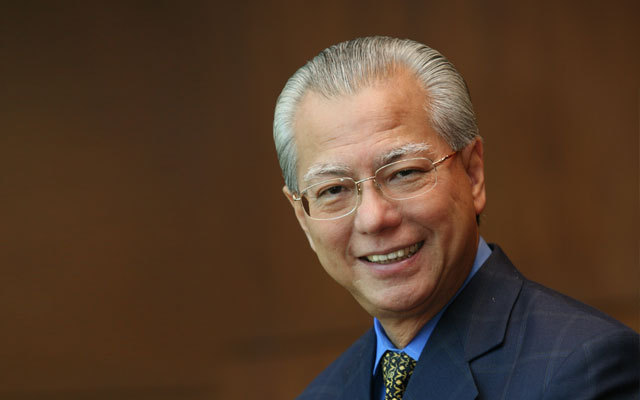Having lived through the SARS epidemic in 2002/2003, events industry veteran and group managing director of Conference & Exhibition Management Services Edward Liu urges peers to remain calm and focused on business continuity during the ongoing Novel Coronavirus outbreak.

What are your recollections of SARS?
I lived through SARS (Severe acute respiratory syndrome) when it emerged in November 2002 and ended in July 2003.
Those were certainly challenging times, as many events were postponed or cancelled. We (Conference and Exhibition Management Services) were affected, but I can no longer remember which of our events were impacted.
In terms of tourism performance, hotel room occupancy rate (in Singapore) stood at just 20 per cent and many hotels closed off their rooms because nobody was using them.
It was an anxious time for the survival of businesses and for personal survival; everyone was worried about being infected ourselves.
How did industry players respond to it?
As SARS started to recede, the Singapore Tourism Board called for a small meeting that involved some 20 captains of the industry, to brainstorm the best ways forward to overcome business challenges and bring tourists back to Singapore. I recall distinctly that it was chaired by Gerald Lee (then chief of business operations).
At that time, I proposed that we should march right into China and promote Singapore, instead of waiting for the Chinese to be ready to start travelling again and come back to us.
Subsequently, I made a trip to Beijing to meet with local tourism officers, and I secured their approval for the inaugural Beijing International Tourism Expo (BITE) in 2004.
In a big way, the event eventually helped to bring many Chinese tourists back to Singapore, and opened up the Beijing market for Singapore. Till today, it is still one of the leading Chinese outbound tourism shows in Beijing.
Between SARS and Novel Coronavirus, what is the one difference that worries you most, from a business perspective?
With SARS, the symptoms were clear. With Novel Coronavirus, symptoms may sometimes only appear after two weeks. This has created uncertainty among people – should they continue to travel for leisure or work?
What can event planners learn from the SARS epidemic to better cope with business fallout now due to the novel coronavirus?
It is still early days with the Novel Coronavirus. Health authorities are still trying to understand the characteristic of the virus. As event players, we can only remain vigilant and have crisis contingency plans in place.
I suspect many events in China may be postponed or cancelled. Perhaps the first casualty from the outbreak is the Guangzhou International Travel Fair 2020, which has just announced that it will be suspended due to the spread of the virus. That is understandable, because it was due to take place very soon in February and there are now many travel advisories against non-essential travel to China.
Several event owners and organisers in Greater China are taking a wait-and-see approach for their upcoming activities. At what point should event planners decide whether or not to proceed with their event?
At this point, I do not see a need for event planners to abort their events, unless the events are imminent and taking place in China.
Event planners (elsewhere) need to consider the profile of their event – who the participants are and where will they come from.
If the event attracts many people from countries affected by the outbreak, then heightened precautions must be taken. If this is an exhibition that is attended by mostly Chinese sellers, the organiser must consider eventual turnout because many of them may not even be able to leave the country due to the Chinese government’s ban on travel.
Conversely, an event with minimal Chinese attendees will have far lower risks, and should carry on.
What sort of precautions should be bare-minimum?
Surgical masks should be worn, and thermal screening should be carried out. However, access to such equipment may not come easy. Where possible, work closely with the local health ministry to have all the right precautionary measures in place. The key is to be prepared and to not overreact.
Today, besides traditional channels, news are spread through social media, something that the world did not have during the SARS epidemic. Do you see the headlines, be it real or fake, impacting business travel sentiment? Should event owners and organisers have communication procedures to deal with this?
I invited a friend from Canada to come speak at my event in Singapore, but he has rejected me. From the news, he knows that Asia is being inflicted by the Novel Coronavirus and he has concerns.
Invariably, people will make a personal assessment of the situation.
Yes, there is fake news around the outbreak, so we have to be careful to sieve out the real news by assessing multiple sources of information and form our own judgements.
For our own events, we send out updates to our partners and attendees that reference information from top-level agencies – the government and health ministry.
It is important to be calm and clear about the situation.
Editor’s note: Singapore’s first SARS patient was detected on February 2003. The virus was spread to 238 people, 33 of whom died, by the time it was finally contained in May 2003. In the ongoing Novel Coronavirus outbreak, Singapore has seven confirmed cases as of January 28, 2020.





















